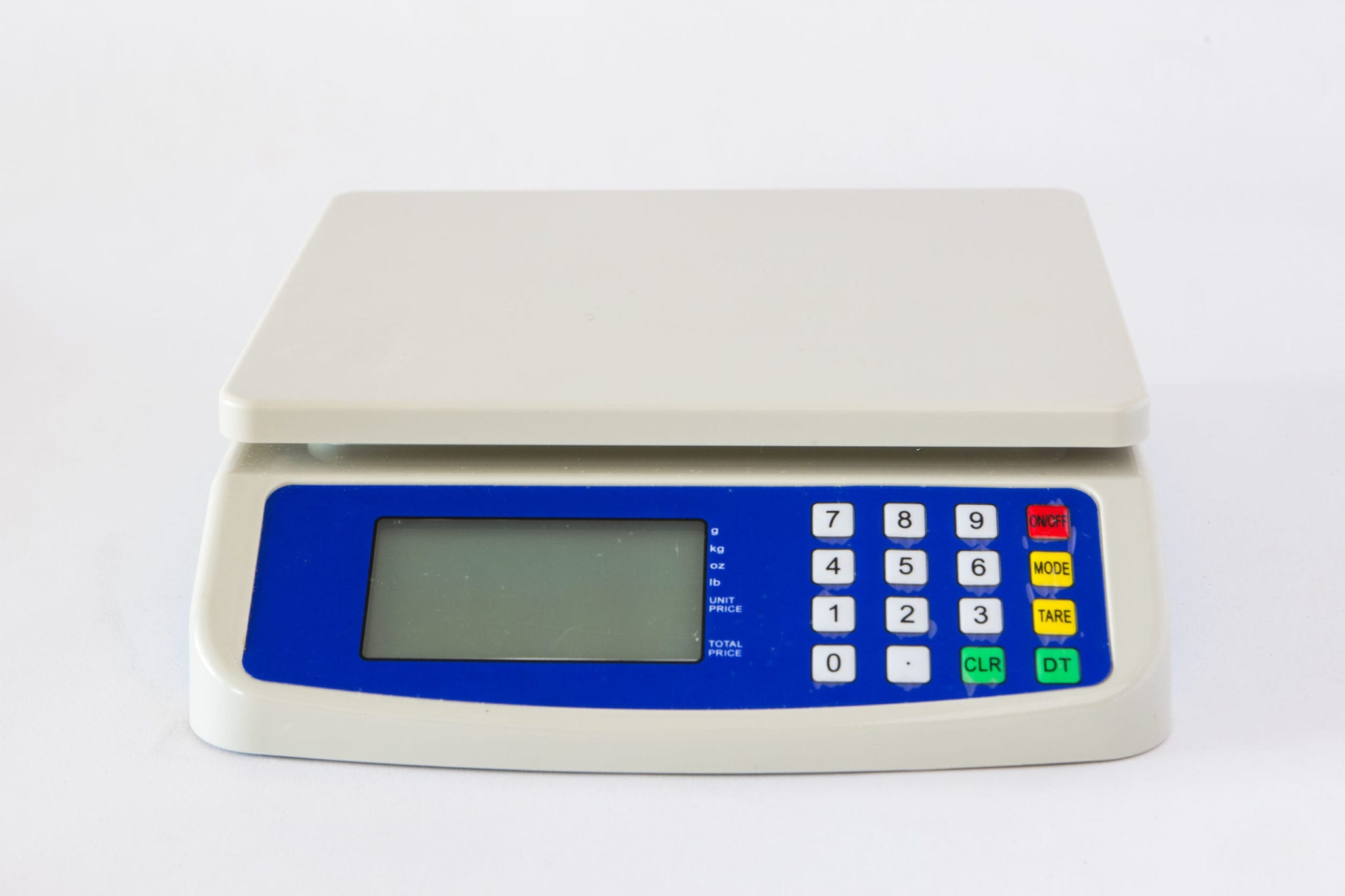
Recreational users beware: knowing your Minnesota possession and trafficking laws may make the difference in whether you unknowingly get caught in the middle of something far bigger than you.
In the wake of high-profile busts like the young Minnesota mom-turned-meth ring CEO in the Spring of 2018, quickly followed by an estimated $7.75 million meth bust in Minneapolis this past September, it’s no surprise that Minnesota law enforcement officials are currently hyper-sensitive to even mere possession of controlled dangerous substances.
If you do occasionally partake, and have found yourself incorrectly charged with trafficking, your best move is to consult with an experienced drug crime defense attorney as soon as possible.
In the meantime, in order to help you avoid ending up needing one, this post covers the basics of possession and trafficking, as well as a few factors that can lead to mere possession being charged as full-blown trafficking.
How Drug Possession Works in Minnesota
Minnesota law takes all drug offenses very seriously, classifying even common drugs like marijuana and cocaine as controlled dangerous substances (CDS). What you may not know is that the compounds used to manufacture them and others are, as well.
The general definition of CDS possession is when a person intentionally possesses illegal drugs by having them on his or her person or by having control over where they were kept.
What’s more, many substances classified as precursors are common household chemicals, but when possessed in order to make drugs, they carry penalties that include up to $30k in fines and up to 15 years in prison.
CDS are classified into five “schedules.” Schedule I lists the most dangerous drugs – or those having the highest probability of abuse and the lowest (or no) recognized medical value. Schedules II, III, IV, and V list substances with decreasing levels of danger and probability of abuse, with increases in their recognized medical benefits.
If arrested for drug possession in Minnesota, your attorney will consult the Minnesota Code (Minn. Stat. Ann. 152.02) listing precisely which drugs fit into each group in order to understand your charges, review potential penalties, and work to develop your best defense.
How Drug Trafficking Works in Minnesota
Drug trafficking includes the manufacture, transport, sale, or distribution of CDS. However, drug trafficking is also a crime of weight and measurement.
This is true even if you didn’t manufacture, buy, sell, or transport those drugs. In Minnesota, if drugs in your possession meet or exceed the amounts legally determined to qualify as trafficking, you can be found guilty of trafficking them.
Additionally, when any activity deemed to be trafficking involves crossing state lines or activity in multiple states, it becomes a federal drug trafficking case.
Sometimes, the narcotics involved are the only evidence supporting your charges. A knowledgeable criminal defense attorney will have a number of ways to help you fight back, including choosing to contest the search and seizure, in which case that evidence could be thrown out. Without evidence, prosecutors may have no choice by to reduce or drop your charges.
When Minnesota Possession Becomes Trafficking
If you are arrested because drugs have been found in your possession, you may be surprised by the charges you actually end up facing. While the differences between drug possession and trafficking in Minnesota can be somewhat confusing, the primary element signaling to law enforcement that your situation of drug possession may be linked to trafficking is if you are holding an amount considered “unreasonable” for personal use. And remember, that amount varies based on the type of drug.

Other red flags to law enforcement are:
- If you keep large amounts and/or a variety of different drugs in your personal stash
- When you don’t have prescriptions matching any drugs that require one
- Whether you possess a cache of weapons in addition to your stash
- If you also own weighing scales and packing materials
In sum, unless you are ready to drive your recreational habits into the spotlight of Minnesota’s efforts to crack down on drug trafficking, your best bet is to avoid giving law enforcement any reason to confuse your possession for personal use with these red flags.
About the Author:
Christopher Keyser is a Minneapolis-based criminal and DWI defense attorney known for fighting aggressively for his clients and utilizing innovative tactics to get the most positive results. He has been featured in numerous media outlets due to the breadth and depth of his knowledge, and recognized as a Minnesota Super Lawyers Rising Star (2014–2015), a Top 100 Trial Lawyer (2013–2015), and a Top 40 Under 40 Attorney (2013–2015).





